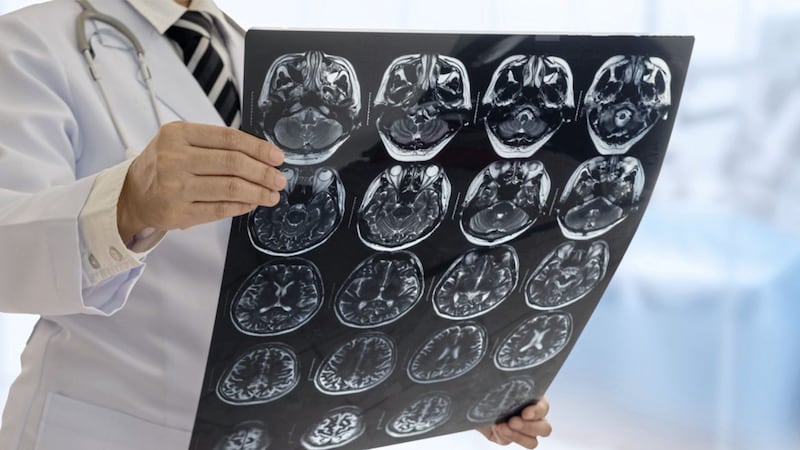I 'VE just bought one of those books that you don’t want to put down, though this one might not suit everyone's palate as it’s about gum surgery.
It’s full of beautiful photos (I know, I need to get out more!) of how to do gum surgery and one of the photos in particular caught my eye, of a dissection, showing the blood vessels that supply the jaw and face; an amazingly intricate network of hundreds of delicate tubes fanning out around the head and neck.
I was asked by my nephew why his friend, who is having heart surgery, was told to go to his dentist and make sure that his gums were healthy. I explained that gum disease bacteria can seep through the gums and be transported by this super highway of arteries to the heart and cause infection. The artery photo brought it home just how easy this must be on this interlinked network of blood tubes.
It’s not just typical body infection that oral bacteria have got a hand in. Recent research has shown that they are also playing a role in blood clots that cause strokes. Scientists from Tampere University have shown for the first time that brain clots of stroke patients contain DNA from oral bacteria.
The samples studied showed that 79 per cent of the clot biopsies contained DNA from bacteria that came from the teeth.
Blood clots in the brain cause 87 per cent of strokes. Most blood clots originate in the main heart artery, the carotid artery. This would have narrowed due to plaques, bits of which break off, causing a clot to travel to the brain and block an artery, resulting in a stroke.
The study showed that DNA from streptococcus viridans – normal bacteria in the mouth – was found in brain blood clots. In the oral cavity, streptococci are harmless, but when entering circulation, they might cause, among other things, infections of the cardiac valves. The streptococcus bacteria can directly bind to various platelet receptors, making the patient more prone to blood clots.
Moral of the story? Use that toothbrush!








